The main rationale of the Supreme Court's decision to overturn Roe v. Wade hinged on the right to privacy being protected by the United States Constitution. In the conservative, theocratic majority opinion, Justice Samuel Alito asserted that was not the case.
In their opinion—as voiced by Justice Clarence Thomas—abortion access, who consenting adults are allowed to have sex with, whether they choose to use contraceptives and who they're allowed to marry is up to state governments to decide and not the individuals involved.
Thomas made clear his belief the use of contraceptives, same-sex marriage and any non-heteronormative sex was also up to state government discretion. The 1967 Loving v. Virginia SCOTUS case would also be subject to overturning, but Thomas did not specifically name the landmark decision allowing interracial marriage in his list of SCOTUS decisions he felt should be revisited.
Such justification for the ruling in Dobbs v. Jackson Women’s Health Organization—which upheld a Mississippi law restricting reproductive healthcare freedom—takes decisions out of the hands of people who face the possibility of pregnancy and healthcare professionals and places it in the hands of often medically and biologically ignorant state legislators who don't understand what an abortion is.
While many who endorse forced births claim to be promoting life, abortions are also the procedures performed to remove a dead or unviable fetus—one incapable of surviving to term. Under strict abortion laws, healthcare professionals are required to wait until the fetus dies and then wait until it becomes necrotic—the corpse begins to rot—in the womb in order to perform the abortion to save the mother's life.
As horrific and real as that scenario is, was the SCOTUS' conservative, Evangelical Christian endorsed majority still backed by legal history in their decision?
Justice Alito relied on quotes from such legal luminaries as Sir Matthew Hale—a 17th-century English jurist who participated in witch trials and set precedents like marital rape wasn’t possible and all charges of rape should be viewed as lies until proven true.
Despite backing his decision with words from an Englishman, Alito stated abortion could be upheld if it is “deeply rooted in our history and traditions." Alito didn't clarify if his "our" meant the British Empire and their descendants or the history of the United States where White people of German and Irish descent outnumber those of English.
If Alito referred to the first—backed by Justice Amy Coney Barrett's originalism or a belief that all law must be interpretted only as the original writers and ratifiers of the United States Constitution intended—then Alito must have more than just one 1652 case from the Roman Catholic colony of Maryland—over 100 years before the creation of the United States or the Constitution.
However, in order to back his opinion, Alito skipped the opinions of the largely English descending founders of the United States to cite law from the mid-to-late 19th century to make his claim of no right to privacy or reproductive healthcare choices.
But professor and historian Leslie J. Reagan's 1996 bookWhen Abortion Was A Crime tells a very different story about abortion in the fledgling United States up until about 1850—the first US history Alito chooses to cite to back his opinion.
Multiple historical sources prove reproductive choices were strictly private matters, not interfered with by outside parties during the time of the drafting of the Constitution. Herbs were widely used to induce miscarriages when a pregnancy termination was wanted and drugs to induce abortions were openly advertised in newspapers to be bought from pharmacists, physicians or through the mail and if drugs failed, people could visit practitioners for instrumental abortions.
The earliest United States' legal concerns over abortion centered on accidental poisoning.
In the 18th century and until about 1880, abortions were allowed under law and widely practiced. If restricted, they were illegal only after “quickening"—subjective term used to describe when the pregnant person could feel the fetus moving generally somewhere between 16-22 weeks. With an unviable fetus, the quickening often never occurs.
It is also worth noting that forced sterilization without knowledge or consent was performed on BIPOC and incarcerated people as well as forced abortions as late as 2010 in the United States.
Reagan wrote:
“At conception and the earliest stage of pregnancy, before quickening, no one believed that a human life existed; not even the Catholic Church took this view."
"Rather, the popular ethic regarding abortion and common law were grounded in the [pregnant person's] experience of their own bodies."
As detailed from United States history by The Washington Post, a 1792 case even gets the approval of several founding fathers, including the mentor of one of the chief architects of the United States Constitution—Thomas Jefferson who mentored James Madison. Three United States founders from Virginia—Jefferson, Patrick Henry and John Marshall—sought no charges in a sensational court case where evidence of an abortion was found.
In 1792, an 18-year-old unwed woman, Nancy Randolph, allegedly became pregnant by her 22-year-old brother-in-law and cousin, Richard Randolph. Nancy lived with Richard and his wife, her sister Judith. When Martha Jefferson Randolph—Thomas Jefferson's daughter who was cousin and sister-in-law to Nancy and Judith—visited in September, she recommended Nancy use gum of guaiacum to end the pregnancy and sent her some later with the note it would "produce an abortion."
Two weeks later on a visit to another of their cousins, Nancy Randolph induced the miscarriage and abortion then disposed of the fetus on the property where it was found by an enslaved person leading to rumors and scandal among the upper society which eventually reached Martha's father Thomas Jefferson.
In his letter to her, Jefferson expressed only sympathy for Nancy, writing:
"I see guilt but in one person, and not in her."
Eventually Richard Randolph was charged with "feloniously murdering a child delivered of the body of Nancy Randolph or being accessory to the same" based on rumors the fetus was full-term, Nancy had given birth to a live child and Richard killed it to avoid charges of incest—a crime in Virginia at the time.
But evidence suggested a deliberate second-trimester abortion and not a live birth of a viable infant.
In April 1793, Richard appeared before a tribunal of county judges acting much as a grand jury does today, deciding if the charges should be adjudicated. Richard was defended by Patrick Henry, John Marshall—future U.S. Supreme Court chief justice and William Campbell—U.S. attorney for Virginia.
Evidence of both Nancy and Martha's part in inducing an abortion was presented and documented, but neither woman was charged with any crime. The only illegal act—Richard killing a living infant—was considered disproven and all charges dropped.
Justice Harry A. Blackmun wrote in the 1973 majority opinion in Roe v. Wade:
"...at the time of the adoption of our Constitution, and throughout the majority of the 19th century, abortion was viewed with less disfavor than under most American statutes currently in effect."
"Phrasing it another way, a woman enjoyed a substantially broader right to terminate a pregnancy than she does in most States today."
In 2022, that accurate depiction of United States history still stands.
Illegal abortion is a modern concept and not what the founders intended.



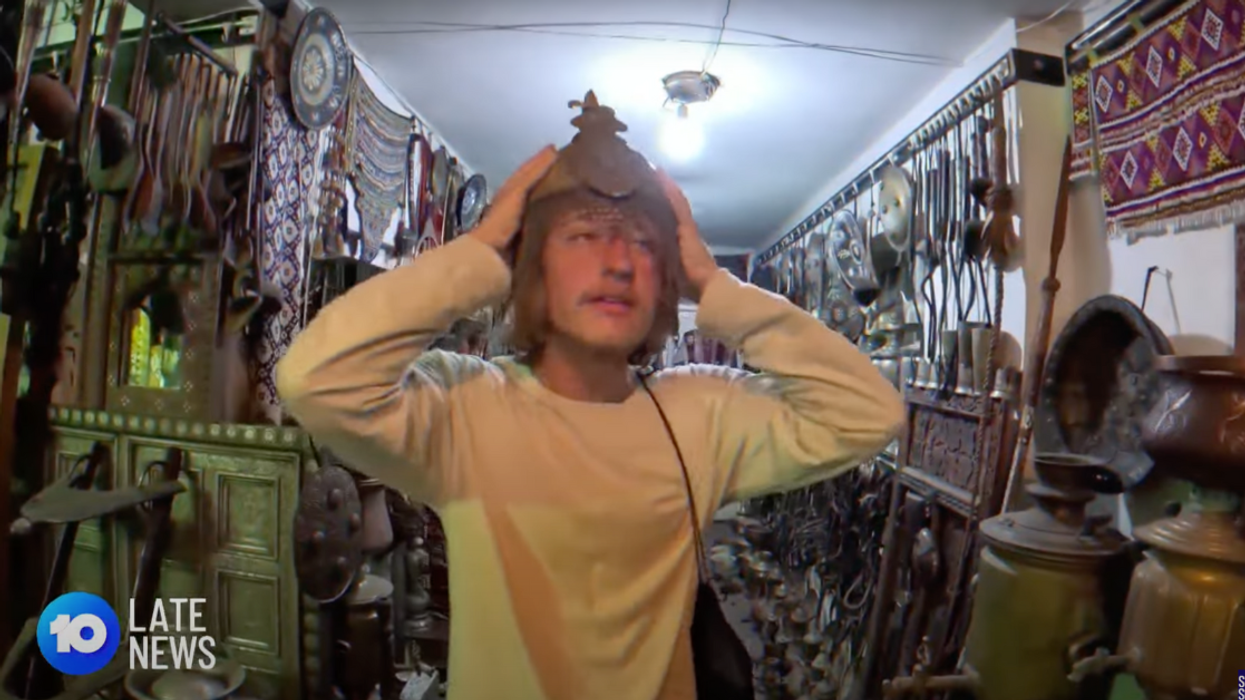


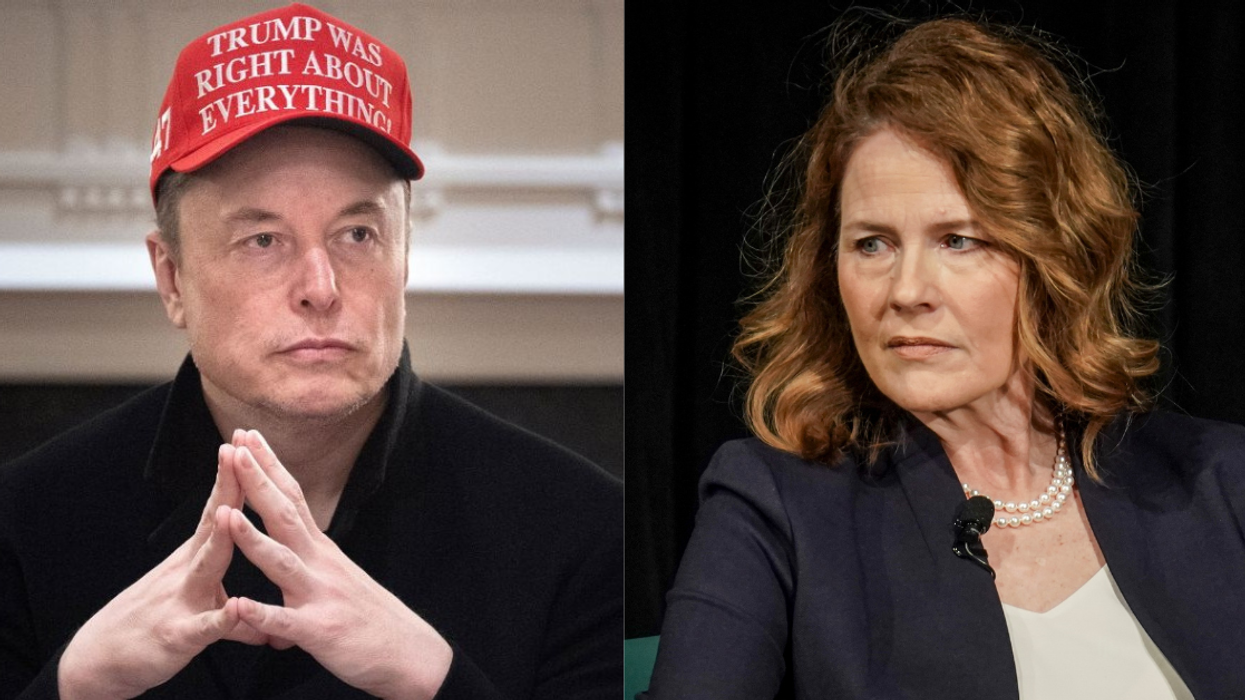






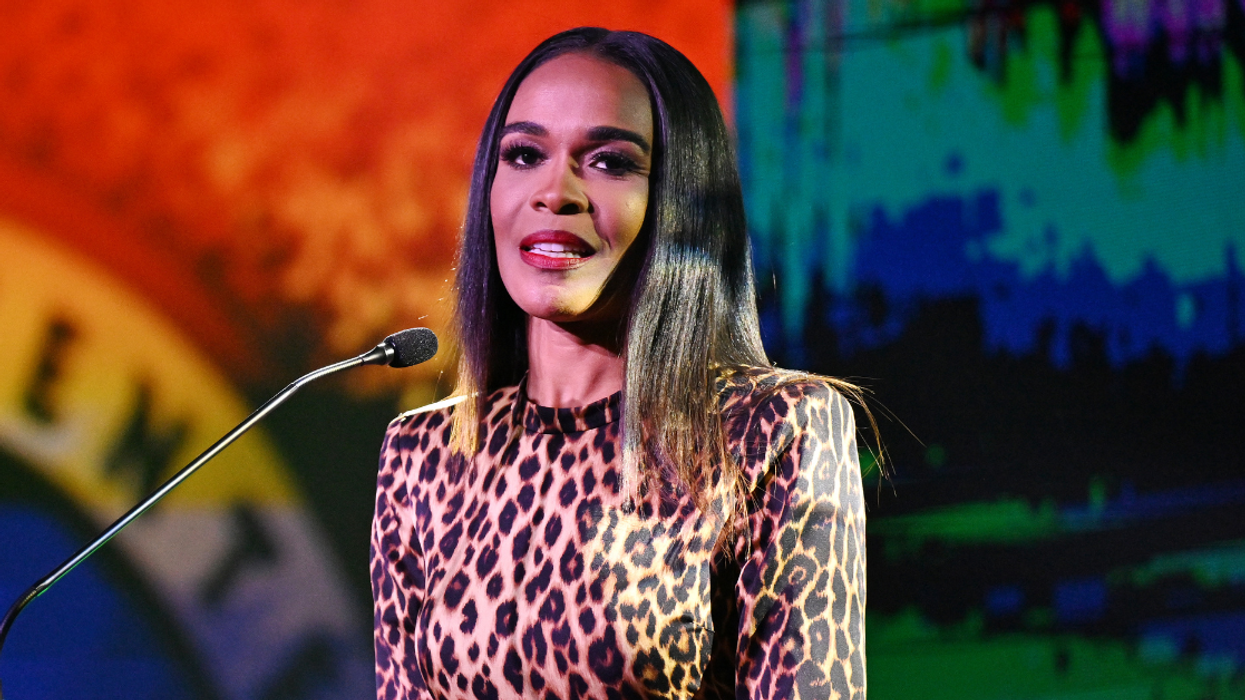
 @michellewilliams/Instagram
@michellewilliams/Instagram @michelleiwlliams/Instagram
@michelleiwlliams/Instagram @rileyknoxx/Instagram
@rileyknoxx/Instagram @missaries321/Instagram
@missaries321/Instagram @mstinaknowles/Instagram
@mstinaknowles/Instagram @phinekafriend/Instagram
@phinekafriend/Instagram @terrykaye_/Instagram
@terrykaye_/Instagram @mdltrealtor/Instagram
@mdltrealtor/Instagram @corrinecold/Instagram
@corrinecold/Instagram @iamavanetergray/Instagram
@iamavanetergray/Instagram @parkersiders/Instagram
@parkersiders/Instagram @beyxkelly/Instagram
@beyxkelly/Instagram @joelmchale/Instagram
@joelmchale/Instagram @thehouseofk9s/Instagram
@thehouseofk9s/Instagram @kfarley519/Instagram
@kfarley519/Instagram @_dw06/Instagram
@_dw06/Instagram @xoxoblessedupxoxo/Instagram
@xoxoblessedupxoxo/Instagram

 @therealjeffreyross/Instagram
@therealjeffreyross/Instagram @therealjeffreyross/Instagram
@therealjeffreyross/Instagram @therealjeffreyross/Instagram
@therealjeffreyross/Instagram @therealjeffreyross/Instagram
@therealjeffreyross/Instagram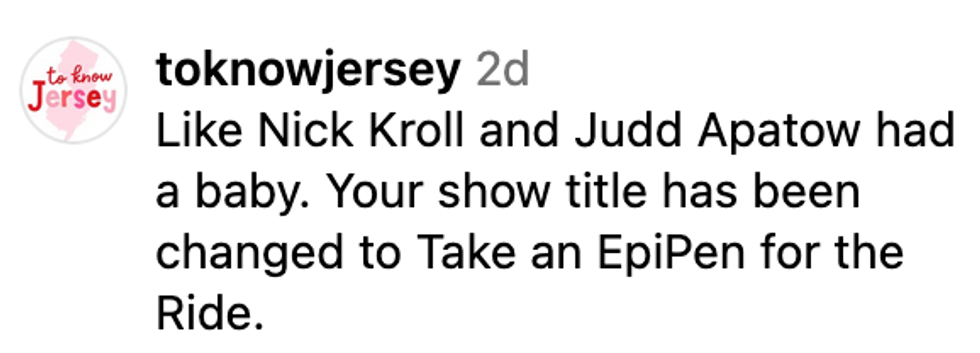 @therealjeffreyross/Instagram
@therealjeffreyross/Instagram @therealjeffreyross/Instagram
@therealjeffreyross/Instagram @therealjeffreyross/Instagram
@therealjeffreyross/Instagram @therealjeffreyross/Instagram
@therealjeffreyross/Instagram @therealjeffreyross/Instagram
@therealjeffreyross/Instagram @therealjeffreyross/Instagram
@therealjeffreyross/Instagram @therealjeffreyross/Instagram
@therealjeffreyross/Instagram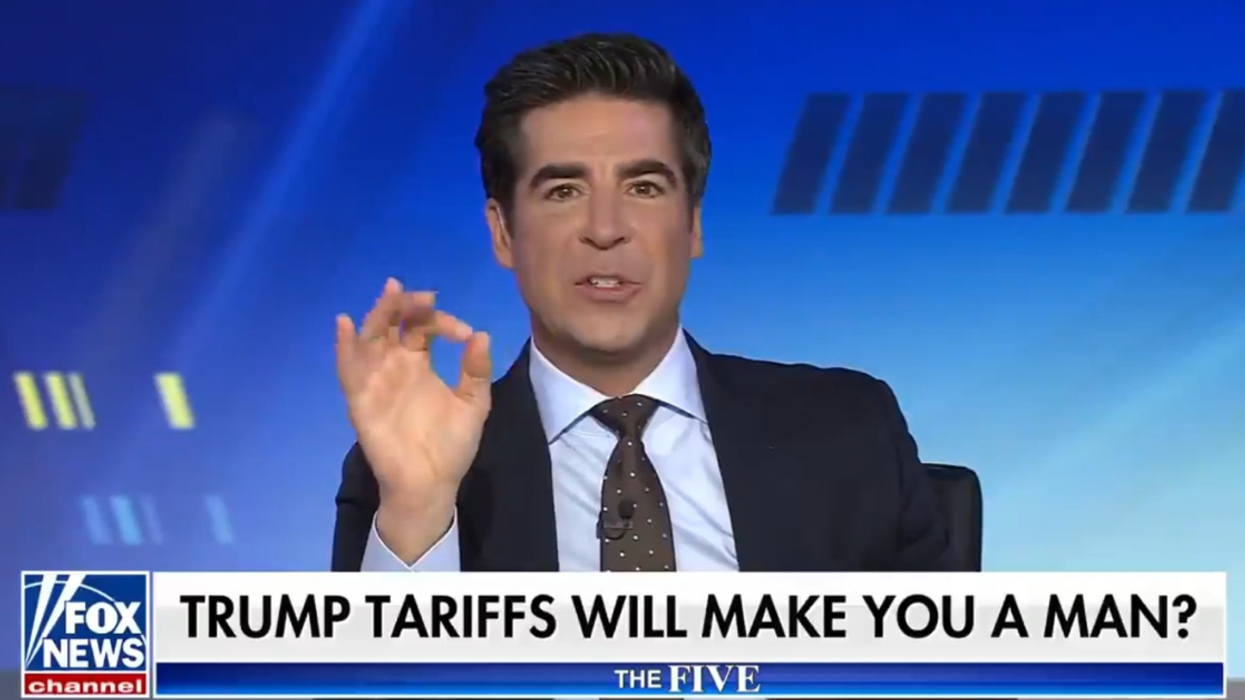



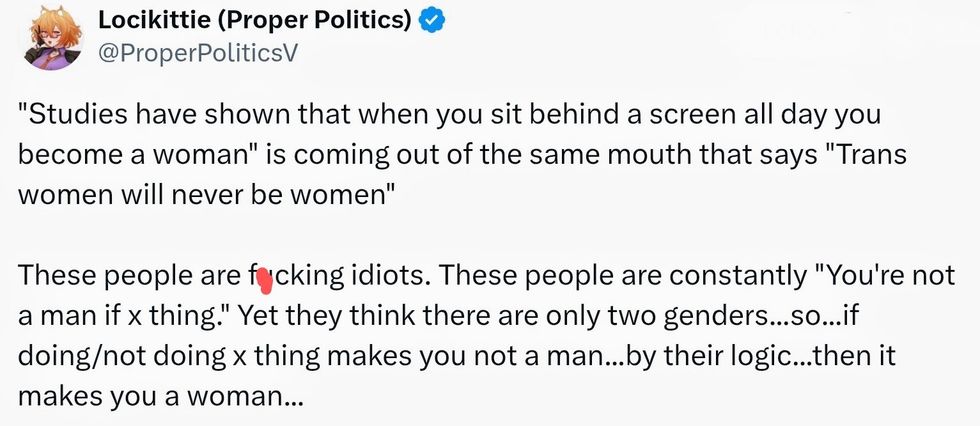
 @mikeredmond/Bluesky
@mikeredmond/Bluesky